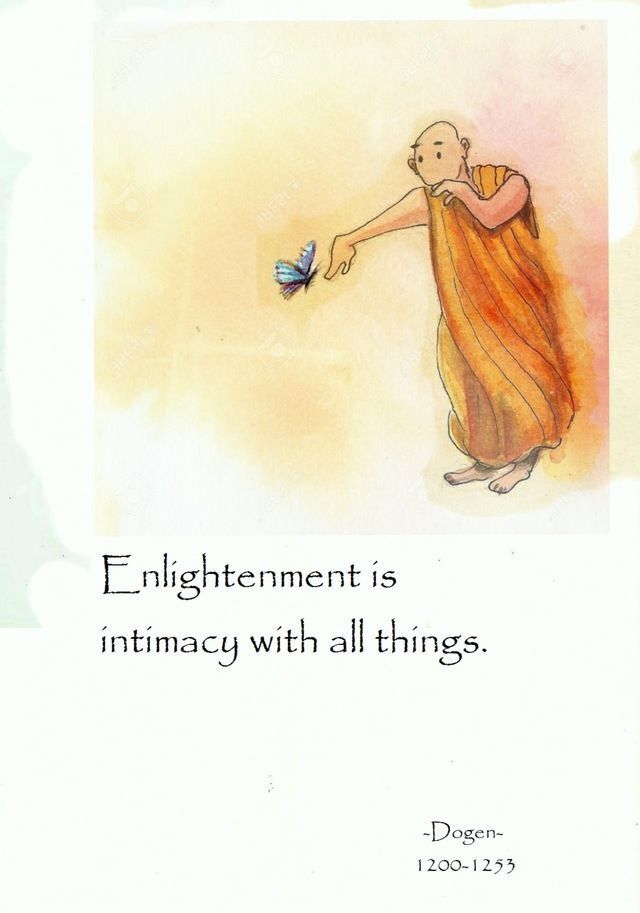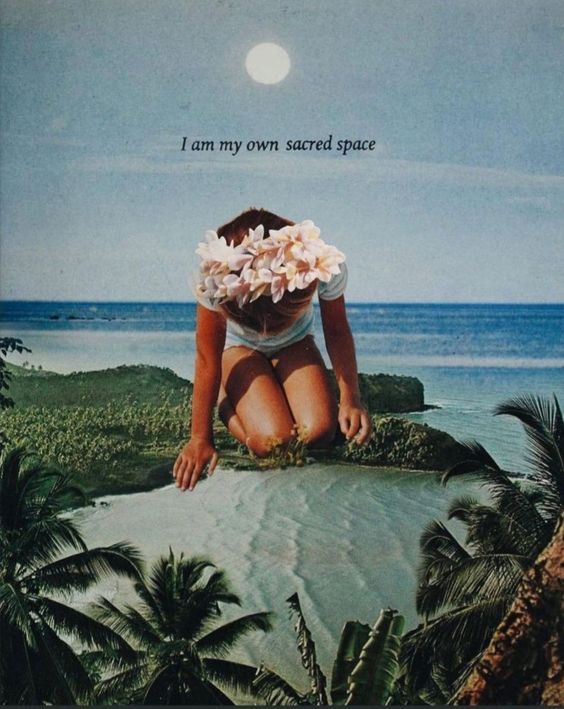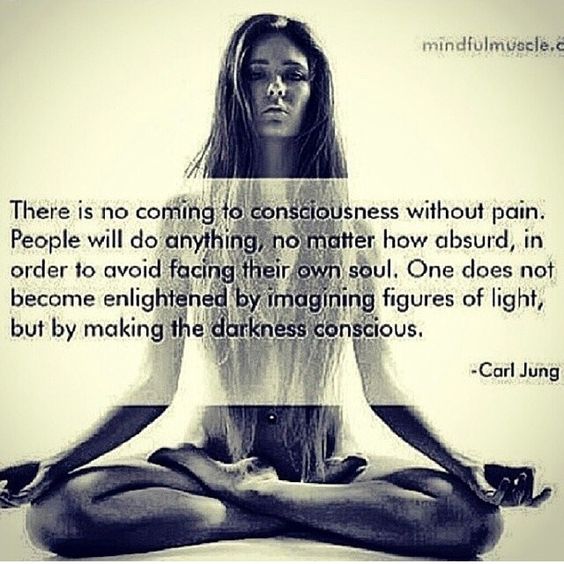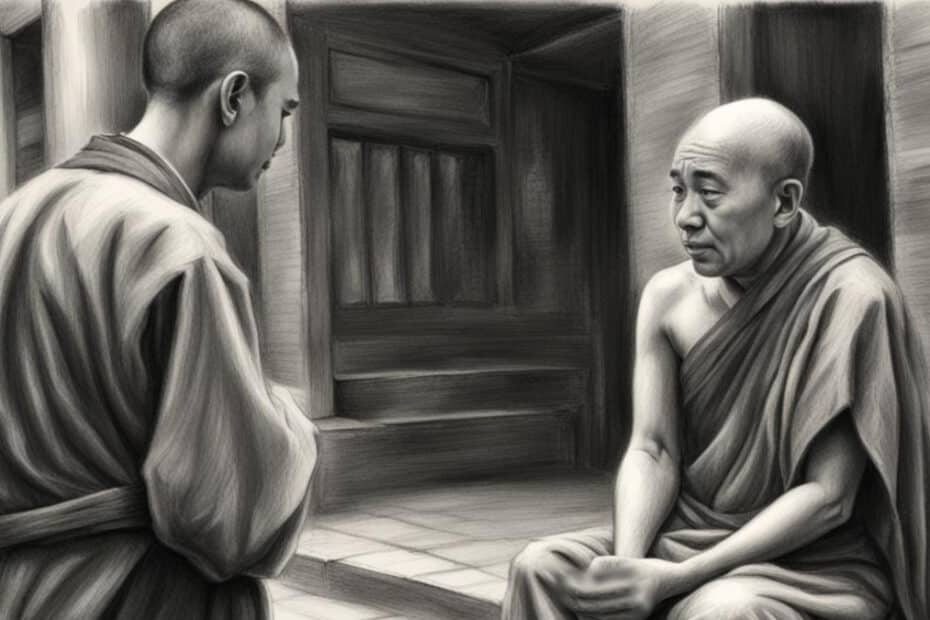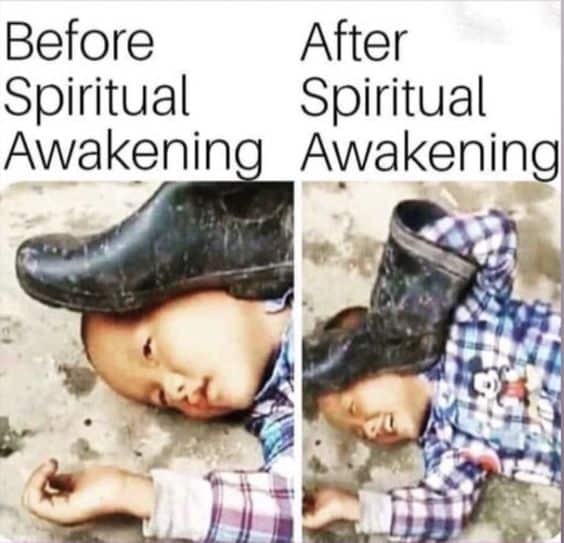“…All this may raise a concern about whether the ideal of enlightenment is a false one. Is true freedom even possible? It certainly is in a momentary sense, as any mature practitioner of meditation knows, and those moments can increase in both number and duration with practice. Therefore, I see no reason why a person couldn’t perfectly banish the illusion of the self. However, just the ability to meditate—to rest as consciousness for a few moments prior to the arising of the next thought—can offer a profound relief from mental suffering. We need not come to the end of the path to experience the benefits of walking it.”
Sam Harris, Waking Up (Page 171)
“In my view, the realistic goal to be attained through spiritual practice is not some permanent state of enlightenment that admits of no further efforts but a capacity to be free in this moment, in the midst of whatever is happening. If you can do that, you have already solved most of the problems you will encounter in life.”
Sam Harris, Waking Up (Page 49)
“In one sense, the Buddhist concept of enlightenment really is just the epitome of ‘stress reduction’—and depending on how much stress one reduces, the results of one’s practice can seem more or less profound. According to the Buddhist teachings, human beings have a distorted view of reality that leads them to suffer unnecessarily. We grasp at transitory pleasures. We brood about the past and worry about the future. We continually seek to prop up and defend an egoic self that doesn’t exist. This is stressful—and spiritual life is a process of gradually unraveling our confusion and bringing this stress to an end. According to the Buddhist view, by seeing things as they are, we cease to suffer in the usual ways, and our minds can open to states of well-being that are intrinsic to the nature of consciousness.”
Sam Harris, Waking Up (Page 48)
“One has to learn to be patiently relaxed, and then the miracle of miracles happens: One day when you are really relaxed, something suddenly changes. A curtain disappears, and you see things as they are. If your eyes are too full of desires, expectation, longing, they cannot see the truth. The eyes are covered with the dust of desire. All search is futile. Search is a byproduct of the mind. To be in a state of nonsearch is the great moment of transformation. All the meditations are just preparations for that moment. They are not real meditations but just preparations so that one day you can simply sit, doing nothing, desiring nothing.”
Osho, Everyday Osho (Page 283)
“The world, my friend, is not imperfect or developing slowly toward perfection. No, the world is perfect at every moment, all sin already contains grace, all youngsters already contain oldsters, all babies contain death, all the dying contain eternal life. It is not possible for any man to see how far along another man is on his way; Buddha is waiting in robbers and dicers, the robber is waiting in the Brahmin. In deep meditation it is possible to eliminate time, to see all past, all present, all developing life as coexisting, and everything is good, everything perfect, everything Brahma.”
Hermann Hesse, Siddhartha (Page 125)
“Slowly blossomed, slowly ripened in Siddhartha the insight, the knowledge of what wisdom actually is, what the goal of his long seeking was. It was nothing but a readiness of the soul, an ability, a secret art, to think the thought of oneness, to feel and breathe the oneness at every moment, in the midst of life. Slowly this blossomed in him, brightly emanated to him from Vasudeva’s old childlike face: harmony, knowledge of the eternal perfection of the world, smiling, oneness.”
Hermann Hesse, Siddhartha (Page 114)
“For the first time, all this, all this yellow and blue, river and forest, passed into Siddhartha through his eyes, was no longer the magic of Mara, was no longer the veil of Maya, was no longer senseless and random diversity of the world of appearance, despised by the deep thinking Brahmin, who disdains the diversity, who seeks the unity. Blue was blue, river was river, and even though the One and the Divine lived concealed in the blue and the river in Siddhartha, it was the manner and meaning of the Divine to be yellow here, blue here, sky there, forest there, and Siddhartha here. Meaning and reality were not somewhere beyond things, they were in them, in everything.”
Hermann Hesse, Siddhartha (Page 37)
“But you do not see, nor do you hear, and it is well.
Kahlil Gibran, The Prophet (Page 87)
The veil that clouds your eyes shall be lifted by the hands that wove it,
And the clay that fills your ears shall be pierced by those fingers that kneaded it. And you shall see.
And you shall hear.
Yet you shall not deplore having known blindness, nor regret having been deaf.
For in that day you shall know the hidden purposes in all things,
And you shall bless darkness as you would bless light.”
“Bliss has no counterpart. It is not a duality of pleasure and pain, day and night. It is nondual, it knows no opposite. It is a transcendence. Try to be more and more in the present. Don’t move too much in imagination and memory. Whenever you find yourself wandering into memory, into imagination, bring yourself back to the present, to what you are doing, to where you are, to who you are. Pull yourself back again and again to the present. Buddha has called it recollecting oneself; in that recollection by and by you will understand what eternity is.”
Osho, Everyday Osho (Page 191)
“The Zen master warns: ‘If you meet the Buddha on the road, kill him!’ This admonition points up that no meaning that comes from outside of ourselves is real. The Buddhahood of each of us has already been obtained. We need only recognize it. Philosophy, religion, patriotism, all are empty idols. The only meaning in our lives is what we each bring to them. Killing the Buddha on the road means destroying the hope that anything outside of ourselves can be our master. No one is any bigger than anyone else. There are no mothers or fathers for grown-ups, only sisters and brothers.”
Sheldon B. Kopp, If You Meet Buddha On The Road, Kill Him! (Page 188)
“The Zen way to see the truth is through your everyday eyes. It is only the heartless questioning of life-as-it-is that ties a man in knots. A man does not need an answer in order to find peace. He needs only to surrender to his existence, to cease the needless, empty questioning. The secret of enlightenment is when you are hungry, eat; and when you are tired, sleep.”
Sheldon B. Kopp, If You Meet Buddha On The Road, Kill Him! (Page 187)
“[The patient] was sure that if he worked hard enough, suffered long enough, or (failing that) at least if he were to be rescued by me, then Nirvana could be his. He can bear his pain for a while if only someday, someway, he will be able to reach a state of blissful perfection, a time when he will have no more conflicts, anxieties, or uncertainties. As I come toppling down off the pedestal on which he has placed me, he is horrified to learn that enlightenment does not provide perfection. Instead, it simply offers the pedestrian possibility of living with the acceptance of imperfection.”
Sheldon B. Kopp, If You Meet Buddha On The Road, Kill Him! (Page 134)
If You Meet Buddha On The Road, Kill Him! [Book]
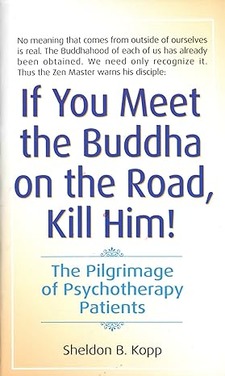
Book Overview: A fresh, realistic approach to altering one’s destiny and accepting the responsibility that grows with freedom. No meaning that comes from outside of ourselves is real. The Buddahood of each of us has already been obtained. We only need to recognize it. “The most important things that each man must learn no one can teach him. Once he accepts this disappointment, he will be able to stop depending on the therapist, the guru who turns out to be just another struggling human being.” Using the myth of Gilgamesh, Siddhartha, The Wife of Bath, Don Quizote . . . the works of Buber, Ginsberg, Shakespeare, Karka, Nin, Dante and Jung . . . a brilliant psychotherapist, guru and pilgrim shares the epic tales and intimate revelations that help to shape Everyman’s journey through life.
Short Story of A Dejected Young Man Who Seeks Enlightenment Minus the Meditation and Fasting
Excerpt: “Can I find enlightenment without all that meditation and fasting?” the young man asks. “Perhaps,” says the master… “But you will need…”
Read More »Short Story of A Dejected Young Man Who Seeks Enlightenment Minus the Meditation and Fasting
The Lazy Cat or The Enlightened Monk? You Decide…
Excerpt: Is the following short story about a lazy cat or of an enlightened monk? Read this thought-provoking short story and decide for yourself…
Read More »The Lazy Cat or The Enlightened Monk? You Decide…
“Art is never decoration, embellishment; instead it is work of enlightenment. Art, in other words, is a technique for acquiring liberty.”
Bruce Lee, Striking Thoughts (Page 135)
